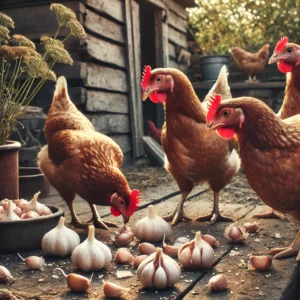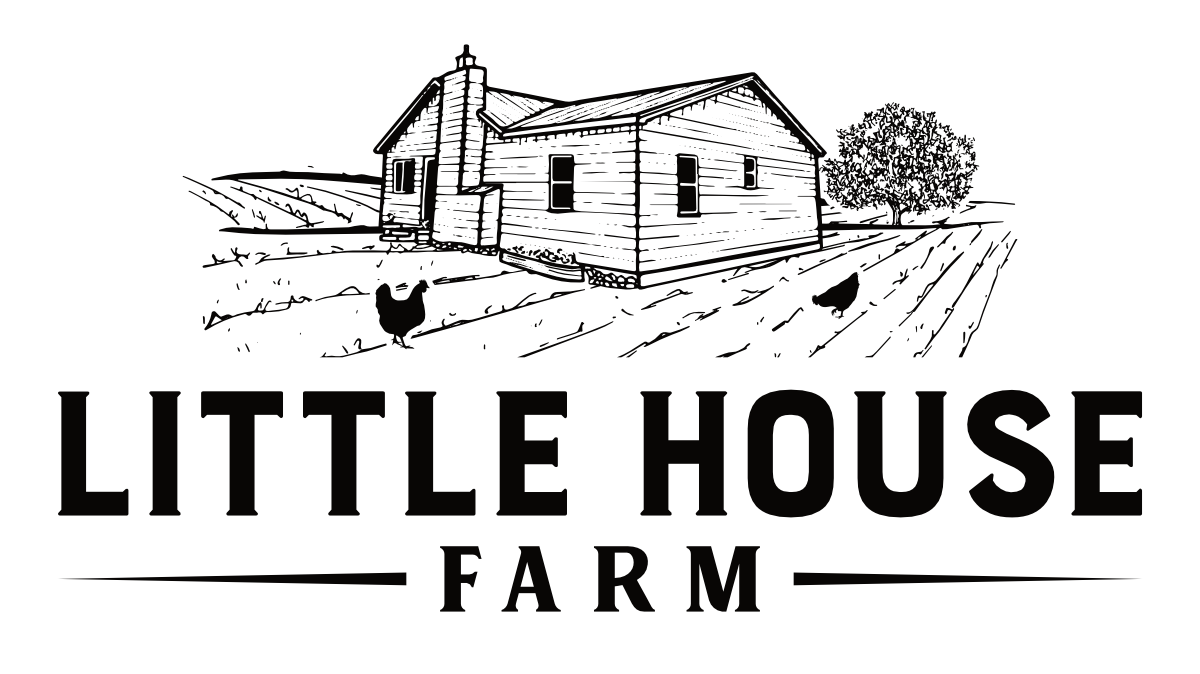Garlic has long been celebrated for its medicinal properties in human health, but did you know it might also benefit your backyard flock? Many poultry enthusiasts swear by adding garlic to their chickens’ diet, touting benefits like improved immunity and parasite control. However, as with any supplement, it’s essential to understand the appropriate usage and potential risks. Let’s delve into whether garlic is good for chickens and how to incorporate it safely into their routine.

The Benefits of Feeding Garlic to Chickens
1. Immune System Boost
Garlic is rich in allicin, a compound known for its antimicrobial properties. By incorporating garlic into your chickens’ diet, you may help them fend off common bacterial and viral infections.
2. Natural Parasite Control
Some chicken keepers use garlic as a natural dewormer. While it may not replace commercial deworming agents entirely, garlic can create an unfavorable environment for internal parasites, potentially reducing their numbers.
3. Respiratory Health
Garlic’s expectorant properties can aid in relieving minor respiratory issues. It may help clear mucus and improve overall respiratory function, which is particularly beneficial during cold seasons.
4. Antioxidant Properties
The antioxidants in garlic can help combat oxidative stress in chickens, promoting better health and potentially enhancing egg quality.
How Much Garlic Is Appropriate?
Moderation is key when introducing garlic to your chickens’ diet. Here are some guidelines:
- Fresh Garlic: Finely chop or crush one clove of fresh garlic per 10 chickens. Mix it into their feed or water once or twice a week.
- Garlic Powder: If using garlic powder, add about 1 teaspoon per 4 cups of feed. Ensure it’s pure garlic powder without any added salts or additives.
- Garlic Water: Crush a few cloves and let them steep in a gallon of water for a few hours. Offer this garlic-infused water to your chickens for one day, then switch back to regular water.
Always start with smaller amounts to see how your flock reacts before increasing the dosage slightly.
Potential Risks and Considerations
1. Overconsumption Leading to Anemia
Garlic, along with other allium family members like onions, contains compounds called thiosulfates. In excessive amounts, thiosulfates can cause hemolytic anemia in chickens, leading to the destruction of red blood cells.
2. Taste Alteration in Eggs
Some chicken owners report a slight garlic taste in eggs when fed in large quantities. Keeping garlic supplementation moderate can prevent this unintended flavoring.
3. Digestive Upset
Introducing too much garlic too quickly can lead to digestive issues in chickens, such as diarrhea. Gradually incorporating garlic into their diet can help avoid this problem.
Best Practices for Feeding Garlic
- Quality Matters: Use fresh, high-quality garlic. Avoid using garlic that shows signs of mold or spoilage.
- Consistency: Regular, moderate supplementation is more effective than sporadic large doses.
- Monitor Your Flock: Keep an eye on your chickens for any signs of adverse reactions, such as lethargy or changes in droppings.
- Consult a Vet: If you’re considering garlic as a treatment for specific health issues, consult a poultry veterinarian for personalized advice.
Conclusion
Garlic can be a beneficial addition to your chickens’ diet when used appropriately. Its natural antimicrobial and antioxidant properties may enhance your flock’s overall health. However, it’s crucial to use garlic in moderation to avoid potential risks like anemia or digestive upset. By following best practices and monitoring your chickens, you can safely explore the benefits garlic may offer to your backyard flock.
Disclaimer: The information provided in this blog post is for educational purposes only and is not a substitute for professional veterinary advice. Always consult with a qualified veterinarian before making significant changes to your animals’ diet or health regimen.
